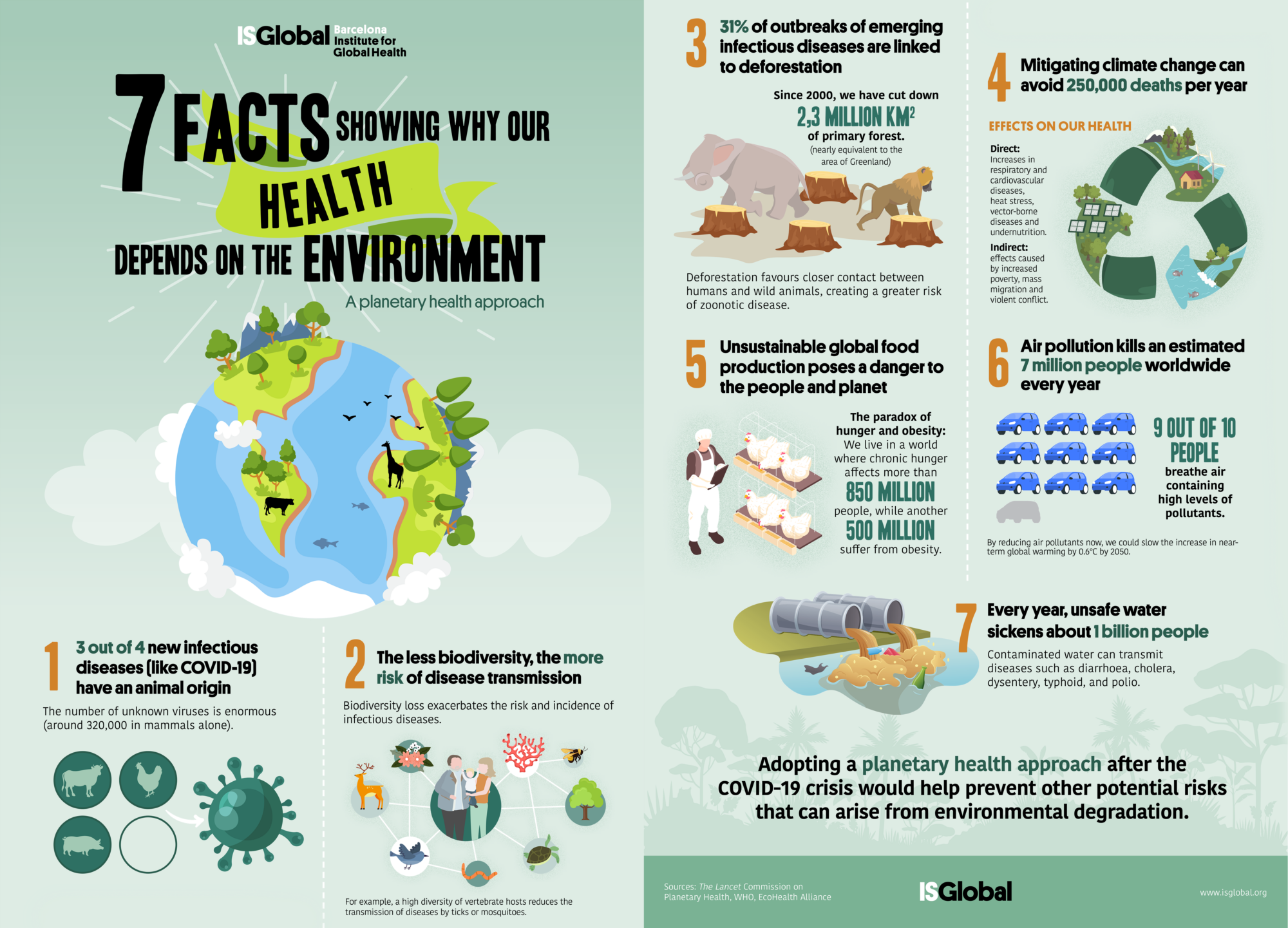Daniel Beltrá, a Madrid-born photographer now calling Seattle, Washington, his creative haven; has a distinctive approach to his photography. His most captivating works are large-scale photographs taken from the air, providing viewers with a sweeping panorama of our world’s wonders and woes.
His unwavering passion for conservation can be seen from this elevated vantage point as he skillfully reveals the contrast of nature’s magnificence and humanity’s destructive footprint.
In the world of environmental activism, few names resonate as powerfully as that of David Suzuki. For decades, this Canadian scientist, broadcaster, and author has dedicated his life to championing the cause of environmental conservation and sustainability. With a career that spans over half a century, Suzuki’s relentless passion for the planet has made him an iconic figure in the global environmental movement.
Born in Vancouver, Canada, in 1936, David Suzuki’s early years were marked by a deep connection to nature. His Japanese-Canadian upbringing laid the foundation for his lifelong commitment to protecting the natural world. Suzuki’s career took flight as a geneticist, where his pioneering research on fruit flies contributed to our understanding of genetics. However, he soon realized that his scientific knowledge could be a powerful tool for environmental advocacy.
Forests cover about 30% of the planet, but deforestation is clearing these essential habitats on a massive scale. What is deforestation? Find out the causes, effects, and solutions to deforestation.
In the last couple of decades, the lush rainforest around the remote village of Meliandou in the heart of Guinea has become patchier. Animals, like bats, saw their habitats dwindle and in a quest for survival, they sought refuge in closer proximity to human environments, making the boundaries between species thinner. A hollowed-out tree in the middle of the village became home to a colony of bats.
About 50 meters from the same tree, in the heart of Meliandou, a two-year-old boy named Emile lived with his family. In a matter of days, Emile fell ill with an unknown virus, developed a high fever, and died. Soon the same virus, that scientists now believe Emile got from the bats, took the lives of his sister, mother, and grandmother. The village, surrounded by a ring of forest, unexpectedly became the epicenter of a devastating outbreak that would leave an indelible mark.

